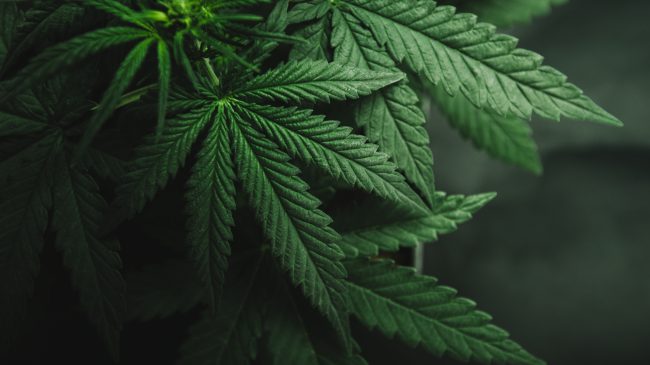In November, New Jersey voters approved a constitutional amendment to legalize recreational marijuana.
The language of the proposal specifically stated that the “growth, cultivation, processing, manufacturing, preparing, packaging, transferring, and retail purchasing and consumption of cannabis…shall be lawful.”
The catch is that the voter-approved amendment also said these activities shall also be “subject to regulation by the Cannabis Regulatory Commission” and the commission’s “regulatory authority concerning legalized cannabis shall be authorized by law enacted by the Legislature.”
In other words, the amendment, which went into effect on Jan. 1, declared that state regulators must create a legal framework for the commercial production and sale of marijuana products, but the state legislature has to first pass a law that provides guidance and a framework for regulations.
This has put New Jersey in a strange quagmire.
For years, state lawmakers have negotiated various legalization packages and those negotiations have repeatedly failed, which is why the legislature punted the issue to the ballot in the first place. But even with a constitutional requirement to regulate a legal cannabis market, negotiations between lawmakers on the details of regulations and criminal penalties have again broken down.
The state legislature did approve a set of bills in December and sent them to Gov. Phil Murphy for his signature. But the governor declined to sign them, citing concerns that the bills would not set any criminal penalties for individuals under the age of 21 who were found in possession of marijuana.
Murphy administration officials complained the legislation “would make New Jersey the only state to legalize marijuana for minors” and asked for an amended bill that would also allow police to stop minors and issue civil citations if they were in possession of marijuana.
Key state legislators fired back that Murphy’s plan would effectively authorize a “stop-and-frisk” policy that violates individuals’ civil liberties, leading the bill’s sponsors to remove their support for an erstwhile compromise bill.
Meanwhile, New Jersey Attorney General Gurbir Grewal asked prosecutors to stop pursuing low-level marijuana charges.
“It simply does not make sense or serve justice to proceed with prosecutions on charges that may be foreclosed soon through legislative action,” Grewal said in a statement. “Fairness demands that we suspend prosecution of marijuana possession-related cases while we await direction from the Legislature.”
To Grewal’s point, even though most of the state’s residents likely believe they now have the constitutional right to possess marijuana for at least personal use, marijuana possession arrests continue to be made in some parts of the state.
Overall, the legislative delays and problems highlight many of the complicated facets of marijuana legalization in New Jersey, where negotiations have taken place over everything from a social equity tax to a statewide cap on the number of growers allowed.
Although leaders in the State Senate did not want to impose a cap on cannabis-grower licenses, in the December bills that were never signed by the governor, the State House insisted on limiting the number of growers to 37 for at least two years. A statewide cap tends to benefit well-connected and well-capitalized applicants such as large publicly traded companies while excluding smaller entrepreneurs and result in less choice and availability in the marketplace. By contrast, Nevada, a state with roughly one-third the population of New Jersey, boasts around 130 licensed marijuana growers.
Given the struggles to get New Jersey’s legislative and executive branches on the same page, the state should provide for a provisional form of licensing while elected officials figure out what they would like legalization to look like long-term. California faced similar difficulties after voters approved marijuana legalization in 2016. Thus, at that time, the state’s regulatory agencies began to issue provisional licenses that could be transitioned to permanent licenses in the future.
Residents of New Jersey largely believe they’ve already legalized marijuana at the ballot box and expect the state to allow for commercial production and sales. In the short-term, New Jersey should implement emergency regulations with a minimalist licensing structure that requires registrants to comply with local zoning requirements and track their own inventory records. This temporary framework would grant more time to state officials to work out a legislative agreement while allowing legal marijuana sales and possession in the meantime.
A large majority of New Jersey’s voters—over 67 percent approved Question 1— have approved marijuana legalization and given lawmakers the clear charge to quickly and effectively regulate a new market. Lawmakers should stop delaying and implement simple, streamlined marijuana regulations.

